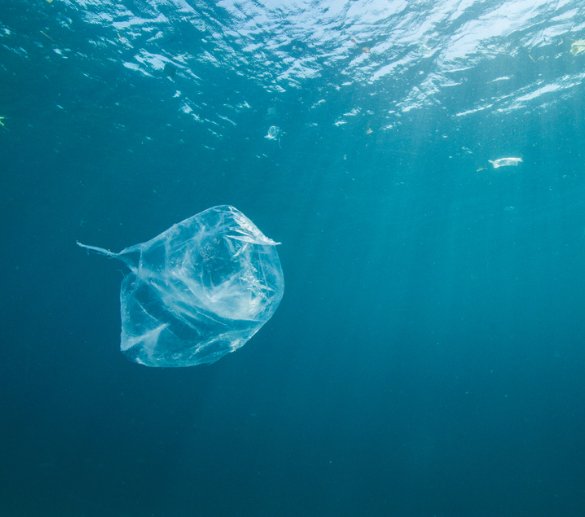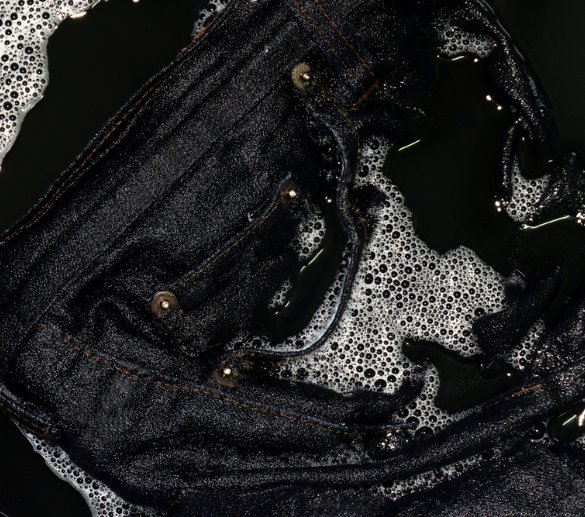
Blue Is The
New Green
“It seems to me that the natural world is the greatest source of excitement; the greatest source of visual beauty; the greatest source of intellectual interest. It is the greatest source of so much in life that makes life worth living.” – David Attenborough
Shasha pioneers the “Blue is the New Green” through extensive research, where at every level of the denim making process, we think of the direct and indirect effect on nature our activities may lead to. Going a step further than using organic cotton, reused cotton and environmentally friendly fabrics such as Tencel, our chemical treatment methods are truly a breakthrough in garments manufacturing.
A remarkable percentage of water is lost through denim manufacturing at traditional denim fabric plants and factories that still rely on outdated equipment and methods to sustain their products. At Shasha, we reducing the percentage of water loss by 60 - 80%.
Blue is a rarity. In nature, it is regards as a color that is seldom organically formed while its counterpart of abundance is Green. The color is the very source of life and harmony with nature. While humans practise consumerism, the Blue has seeped into their needs and daily activities, often becoming the prime color representing corporations and modernity. We’ve decided to embrace a bold philosophy to transform how people see and use “Blue” into the new “Green”.
SDL is working everyday with their employees, workers and stakeholders at different levels across the world to become an example of how a denim maker in Bangladesh is taking on a global challenge of being greener, more sustainable and energy efficient to provide the highest quality of denim yet service the world.
Since its inception, SHASHA Denims Ltd (SDL) has been highly conscious about sustainability for its business. SDL strictly complies with environment-related laws and regulations in each and every sector of its green business operations. Our efforts hope to achieve harmony in preservation and pollution control through corporate and cultural activities.
Our sustainability begins at the source:
BCI Cotton
Recycled Cotton
Organic Cotton
Recycled Poly
Tencel
Hemp
We only use GOTS and Rich certified chemicals & dyes.
Our process put the environment first:
Water usage reduction
Chemical reduction anywhere in the world in denim manufacturing
Cultural practises embrace “Blue Is The New Green” Paperless - Energy saving logistics - Decreased energy consumption in offices

Recycled Plastic in Denim
Every year millions of tonnes of plastic water enters the oceans, harming the marine life and delicate balance of water. Regular denim manufacturing processes use large amounts of water in production and have also added water pollution. SHASHA Denims Ltd. The breakthrough technology used by us allows ocean plastic to be broken down and mixed in with fabrics to create a finished denim product. This innovative recycling method not only sets the highest standard of responsible manufacturing but utilizes an untapped resource for the greater good.
Handloom Recycle
Denim leftovers from production are salvaged and remade into an exclusive products with the help of local communities. As a part of our CSR efforts which has become a sustainable enterprise for a truly unique product, The handloom denim story starts we our usual production ends. Denim scraps are taken and disintegrated back into fibres and then made into clothing for a range of international markets. The handicrafts and artisans of local communities use their ingenuity and a touch of their identity to create something sustainable and resourceful to share with the world.


Wash Friendly Denim
Our denim is specially fabricated to withstand and consume less harsh and harmful chemicals during the washing process. During the mid wash process, the intensive dyeing and bleaching times are reduced drastically without compromising quality or color. Less energy, chemicals and water are consumed in our innovative process which goes a long way to help the industry and environment mutually benefit from safer manufacturing practices.
